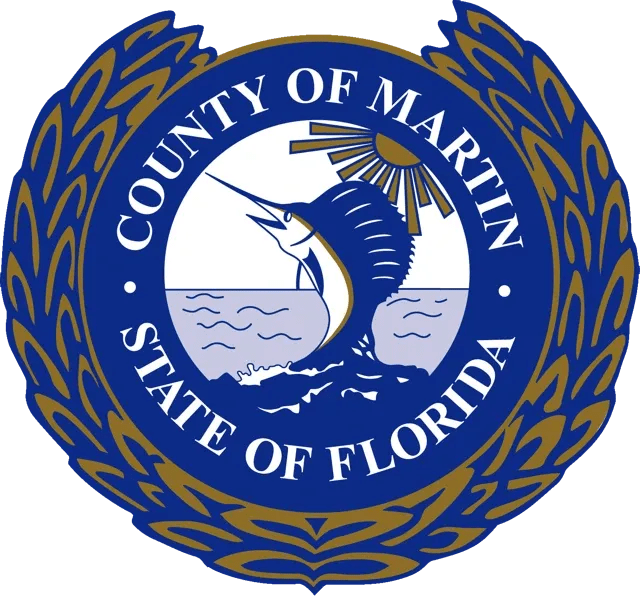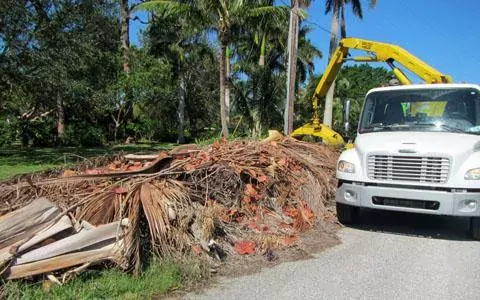Before Hurricane Season
Prevent storm debris by preparing your property for hurricane season (June 1 – Nov. 30). You can help reduce a storm’s impact by cutting back trees and vegetation from power lines or other areas that could damage your home and property. All major vegetation projects should be completed before the start of hurricane season.
Prepare your property
- Cut back all trees and weak branches that make contact with your home.
- Thin foliage so wind can flow freely through branches, decreasing the chance that trees/plants will be uprooted.
- Clear yard of any items, such as broken furniture, lumber and old toys, that could become missiles in a storm.
- If you have trees trimmed or removed by a contractor or landscaper, be sure to have them remove the debris.
- Please do not trim vegetation just before a storm as it will not be collected until after the storm.
Guidelines:
Residential vegetative yard waste for all customers is collected on WEDNESDAY of each week.
- Put trash and vegetation in separate piles.
- Do not place yard waste in plastic bags. Use an old garbage can or other container.
- All piles must be less than 5 inches in diameter, less than 6 feet in length, and weigh less than 50 lbs per piece or item.
- Place yard waste materials within 6 feet of the curb.
- Do not place on vacant lots, sidewalks, roadways or someone else’s property.
- Do not place in storm swales, in front of culverts or in drainage areas.
- Do not place under utility lines or low-hanging tree branches.
Bulk pick up:
For larger piles that exceed the size limitations for routine curbside collection and may require the grapple truck with claw, please contact Waste Management to schedule a bulk yard waste pickup at (772) 546-7700.
Residents and businesses can also take trash and yard waste to the Solid Waste Transfer & Recycling Facility in Palm City for disposal. There is a charge to use the facility | View Rates.
DO NOT take trash or vegetation to the transfer facility during a STORM WARNING. Services may be suspended and the facility closed early to prepare for the storm.

